This article is taken from the July 2025 issue of The Critic. To get the full magazine why not subscribe? Right now we’re offering five issues for just £25.
One Friday afternoon in Birmingham two unsettling rumours started to spread through the city. The first involved a loose bull, said to have escaped either an abattoir or some obscure ritual sacrifice from one of the city’s rapidly changing inner suburbs. Now it was running amok in a state of confused rage near a round-about. The second, perhaps not unrelated sighting, was of “a miserable-looking prick” wandering the streets who, according to the suspicious patrons of the Jewellers’ Arms, resembled the LBC firebrand James O’Brien.
Such foreboding signs are a fixture in Birmingham these days. A city once a byword for second status provincialism is now a rite of passage for journalists and politicians in search of the new country we now find ourselves living in. The council is bankrupt, fittingly for the national moment at the hands of a naive piece of equality legislation, failed IT procurement and wasteful eco schemes. Public services are in steady retreat following the biggest ever cut to council spending. In its wake a sort of civic vigilantism mingles with a quiet anarchy.
Reform candidates set up private surveillance networks to monitor drug dealers and thieves. Amidst the city’s now notorious bin strike, set to last till December, a wave of private waste collectors (or a cowboy with a van) will pick up your rubbish and dump it somewhere deeper into suburban Birmingham in a place you will never have to know. Drug dealers announce new deliveries with fireworks, whilst monitoring the beleaguered local police force with drones from the skies above.
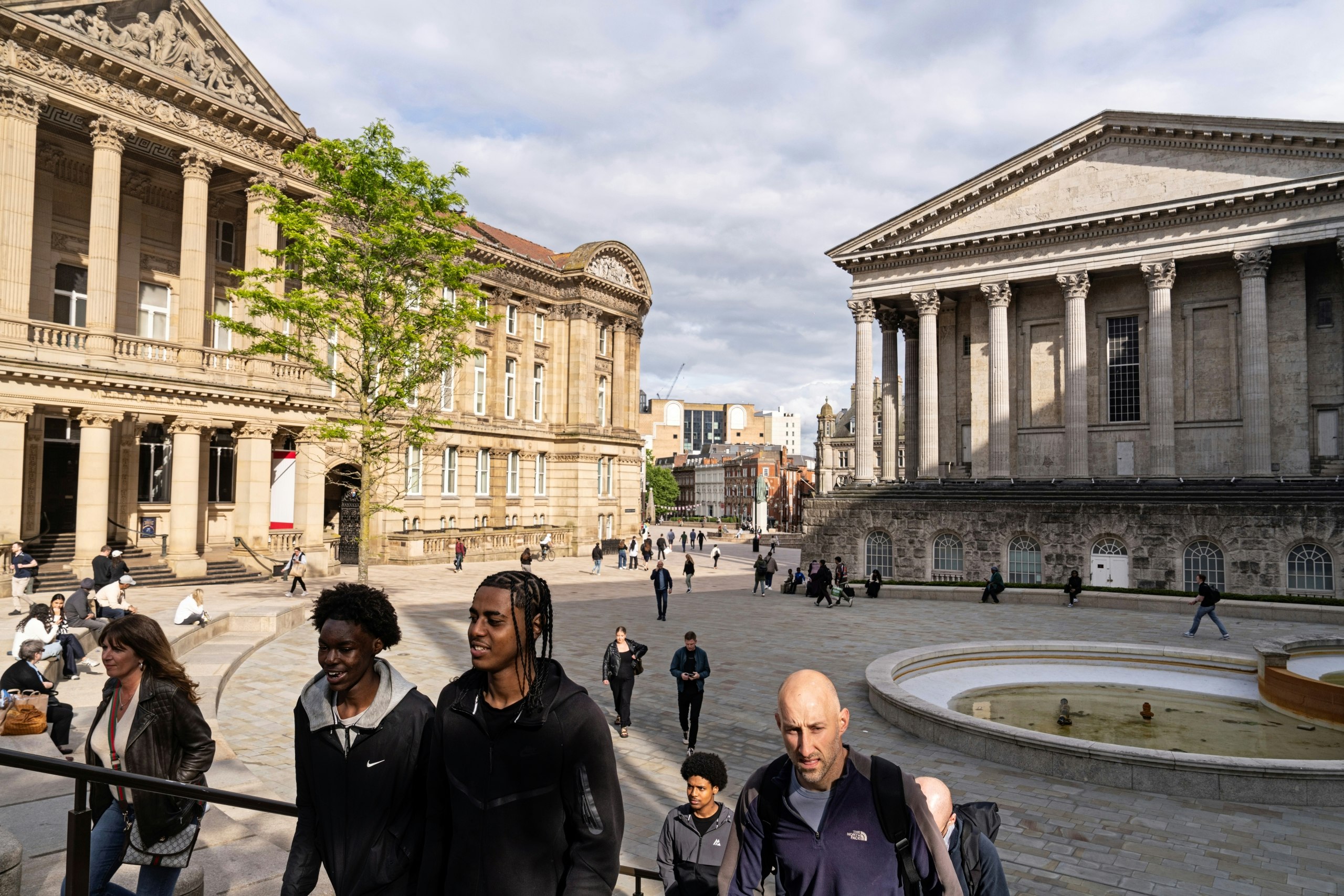
This steady retreat of the state has been accompanied by a population growth of 15 per cent in the last two decades, swelling it to Europe’s largest unitary authority. This has been driven almost entirely by immigration. Britain’s second city is now an observatory not just for how the country’s future demographics will look by the middle of the century but also the growing burden of its working population, as social mobility increasingly relies on accessing the competitive global services economy.
The city, since its reinvention under New Labour, has put its chips on being a place for consultancy, creativity and conferences. It has made impressive progress in its “skills agenda”, but nearly three in ten of its age 16–64 population are economically inactive. Since the collapse of its car industry, Birmingham has been subject to a process of mythologising — usually by outsiders — to provide it with the identity needed to flourish in 21st century Britain. This has also made it a canvas for political projection: levelling up, take back control, diversity. Nothing quite seems to stick.
But the city has taken well to the vacuum of our present national drift. Here a new, more bloody-minded politics thrives, in which eccentrics and civic entrepreneurs can achieve cult status by picking up the litter where the council will not, invading Cineworld to cancel a screening of an Indian film deemed anti-Islam and calling the Prime Minister a “wasteman” in a viral TikTok. The city’s once famous political associations, its Conservative clubs and Labour unions, no longer inspire. The political heroes spoken of are Nigel Farage and the Prophet Muhammad.
Yet for all its quiet unravelling, the city resists the evidence of failure. Since 2008, the growth of its services industry has helped to add nearly £10 billion in value to the economy. In the last decade, Birmingham has attracted more inward investment than any UK city outside London. It has the youngest population in Europe, poised, as the city’s boosterists hope, to help it rise from the ruins of the old dream of a modernist, car-driven Detroit to build a new experiment: a lower Manhattan crossed with Lyon.
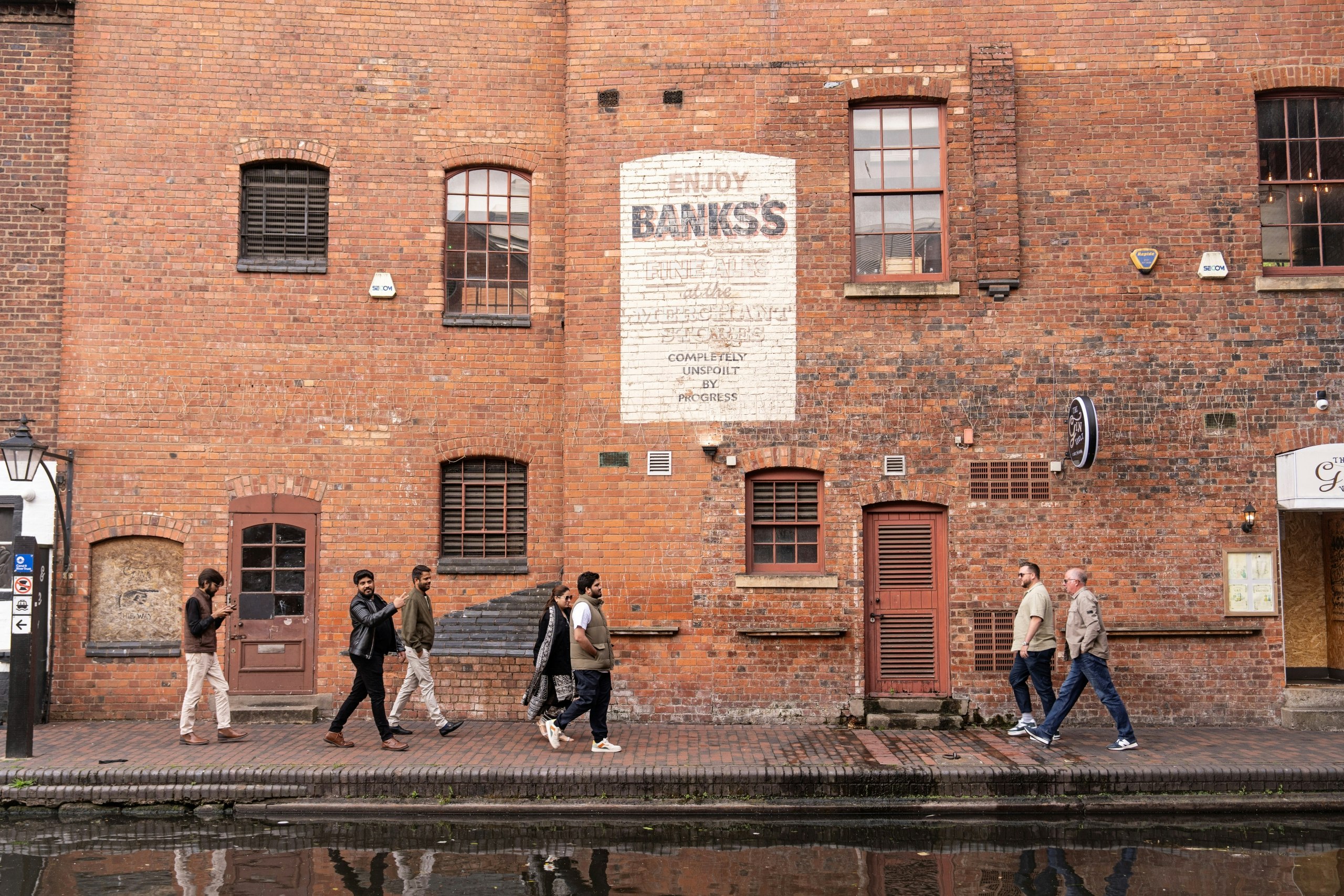
A city of luxury apartment blocks gazing over muddy canals and trams. Glass towers, hoisted from Dubai and plonked down next to forgotten shopping arcades and 1970s car parks, reach higher and higher above the old brutalist ruins towards the perennially disappointed Midlands sky.
If you were to build a “living museum” to the Britain of the early 21st century for the amusement, intrigue and horror of visitors, you would probably settle on Birmingham in 2025. All the nation’s drama and upheaval can be found in a ten-mile radius around a Blair-era shopping centre. This sprawl takes in some of the world-leading research and development establishments and the highest rates of absolute poverty lurking in prefab slums and forgotten estates.
In Second City, the historian Richard Vinen wrote that for all its constant reinvention, Birmingham has a kind of “personality which can be discerned at different times”, whilst appearing, like Virginia’s Woolf’s Orlando, to assume “very different guises in its successive incarnations”.
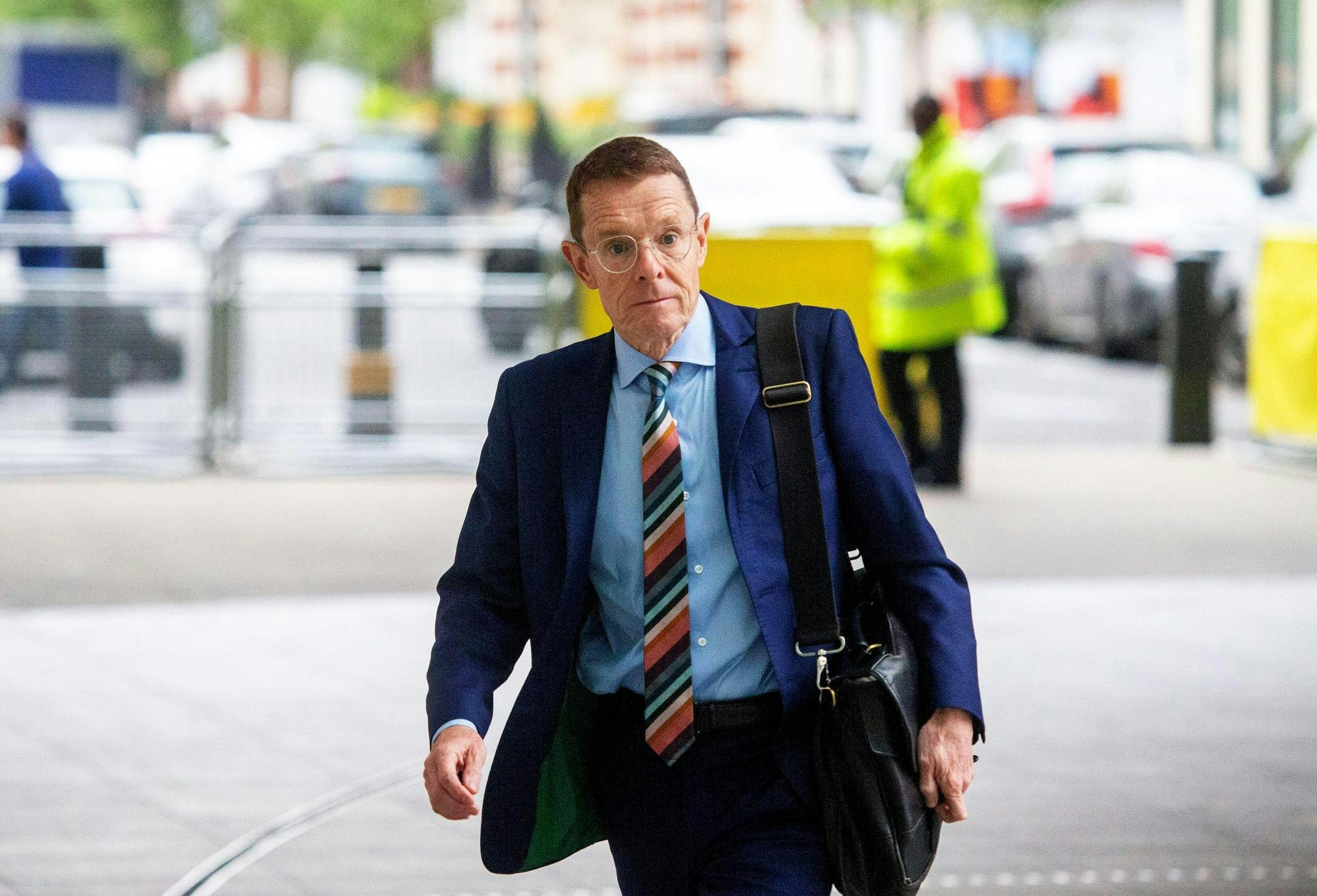
Andy Street, dainty but slightly intimidating in his sharply tailored suit, is one such incarnation. His seven-year stint as the metro mayor makes him the latest city statesman. Half Joseph Chamberlain, the municipal Victorian strongman who leveraged local business to build a city that was the envy of the world; half the sort of fleeting business thought-leadership guest speaker you find loitering around the International Convention Centre.
When I meet him in The Exchange, he is quietly incensed about the city’s newfound reputation as a place depicted in The Times as a “metaphor for squalid national freefall”. Earlier this year, Reform chose it as the city to hold a conference-cum-pantomime lampooning broken Britain. “Absolute tripe,” he counters. “Three years ago you wouldn’t be here,” he says, bringing up the Commonwealth Games in 2022 that crowned the top-performing region of the 2010s. What follows is a more belligerent version of the pitch he’s delivered on behalf of Birmingham from Mumbai to Harvard.
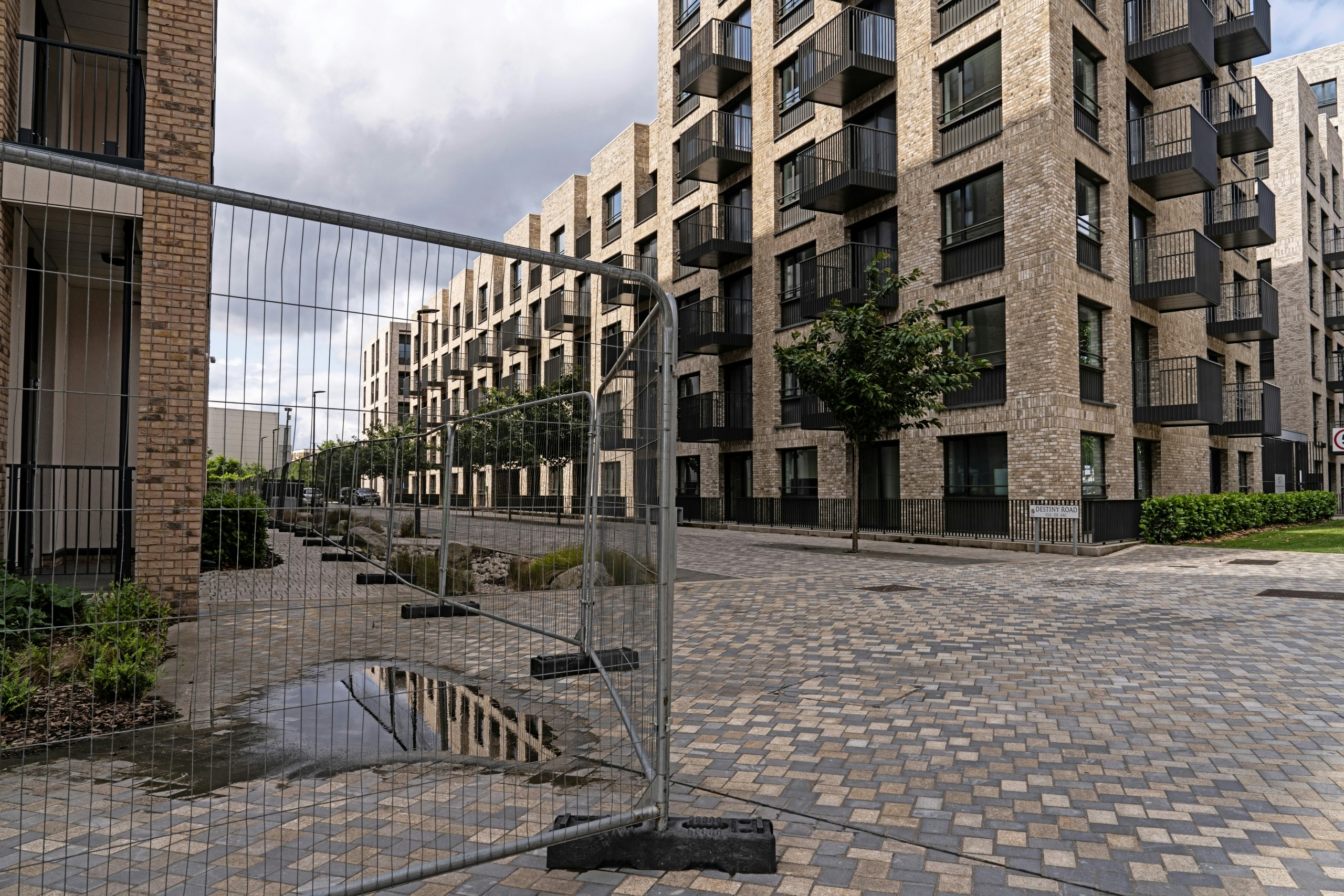
Street is well liked in Birmingham, conversing with students and locals in the city centre. A native who left and, like many Brummies, felt a magnetic duty to return, Street has created a new political dynamic for the city and the national stage: the municipal populist with a background in business, a welcome alternative to what is now regarded in the city as the squabbling, incompetent provincial committee of Labour Party lifers that have somehow found themselves in charge of Britain’s most promising growth engine. The upwards trajectory Street left behind is overshadowed by the different tribes now competing for control. One councillor, who recently left the Labour party, half-jokingly likened the council’s dysfunction to his experience of municipal rebuilding in war-torn Kosovo.
Street lost the 2024 Metro Mayor election by a thousand votes to Richard Parker — a “Starmerbot”, as one local journalist remarked, put in place as a deliberate counter to Manchester’s Andy Burnham who, like Street, learnt how to talk back to Westminster and his own party.
If Street rejects the declinism, he agrees with what’s at stake: a future model of urban Britain that lingers precariously between a continuation of the resurgence he helped build and a quiet drift into a torpid dystopia. “When I took the job, I knew it was going to be on the leading edge of social change in Britain. What’s happening here is going to be what happens to other cities as they change socially too.”
And with this, it would seem, comes a quiet, not forgotten responsibility — one that might explain his burning frustration at the city’s newfound reputation that flares during our interview. “The dystopia,” he says, “is that the next generation of leaders in this city don’t find a way of generating a story and the economic success to deliver on the dreams of our incredibly young, diverse population. That it becomes a place that others are allowed to see as indicative of a failure.”
Next year the search to shape this story will face its biggest challenge yet. Squeezed by revenge and hubris, the old bastion of the Labour Right is predicted to be wiped out and replaced by a fragmented city that foreshadows the coming realignment of 2029.
Reform is expected to roll in from its successes in nearby Staffordshire, taking the white working-class exurbs marooned around the sites of old industry. The Lib Dems will inherit the leafy streets and gentrified Victorian enclaves. Jeremy Corbyn’s new party is said to be aiming to build upon the dramatic swings of Gaza Independents, who have already sent five MPs across the country to Westminster and now threaten to topple the city’s remaining Labour grandees in the inner suburbs.
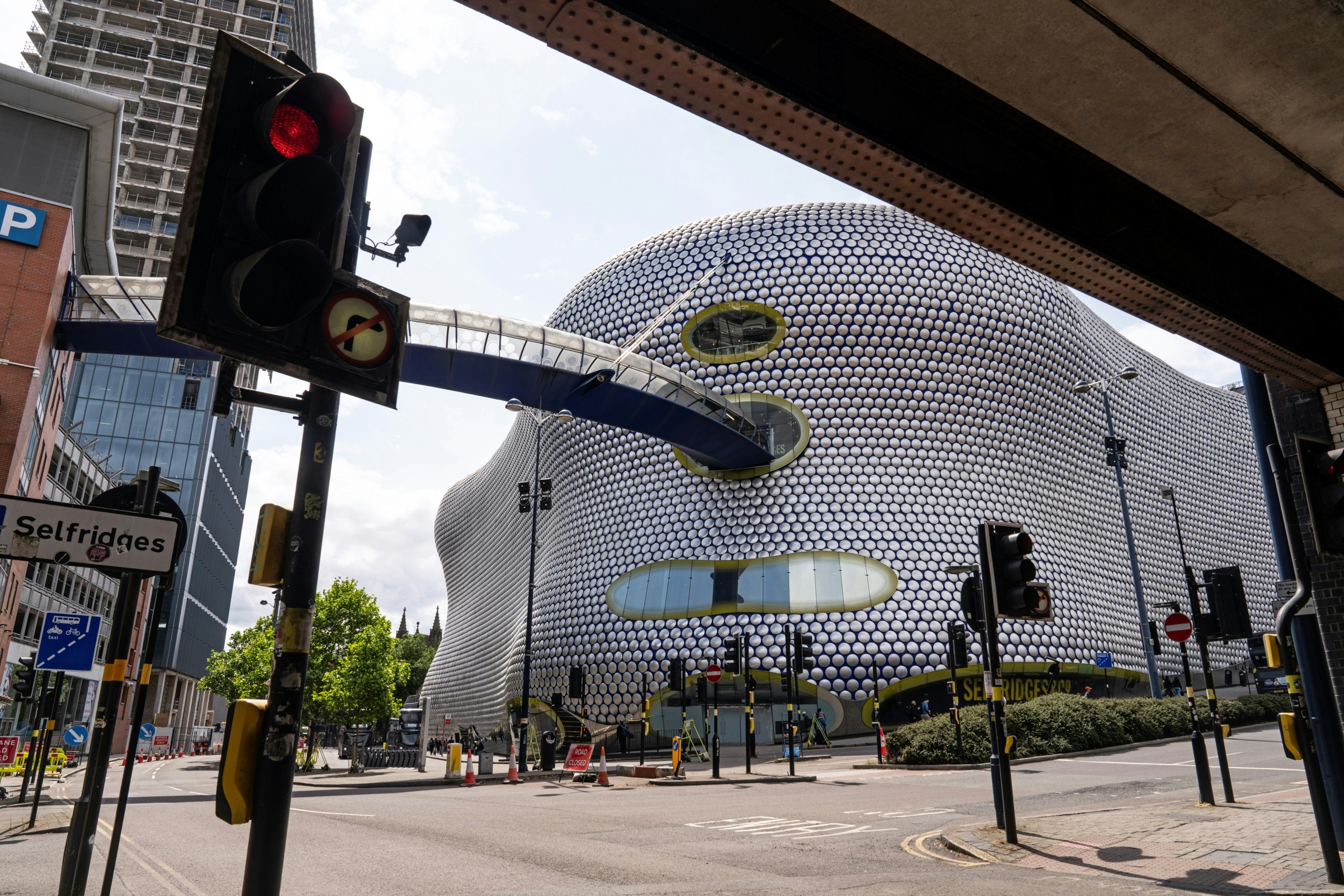
The city’s growth engine and makeover may well be indifferent to the shock of this realignment. The billions of pounds tied up in development and investment are to build the future that was imagined in the last decade. The Birmingham of 2050 is poised to be an alien place to the newly-discovered Blue Labour-inspired rhetorical flourishes of Starmerism — and, indeed, to Reform, with its lip service to the politics of national interest, re-industrialisation and restriction of immigration.
In their recent economic review of the city, the Resolution Foundation argued that to reduce the productivity gap (in 2019, the city was 37 per cent less productive than London) and bring it in line with a second city of European standards, growth will not come from reviving manufacturing but from expanding its new services industry. Upskilling existing residents would only make a small dent to this goal.
To fully realise the returns on past and planned investment — already amongst the lowest in Europe — the city will need to further grow by 165,000 people, driven by significant inward migration from both within the country and abroad. Alongside this is needed further significant investment in transport and infrastructure: at least £1.7 billion of additional public investment. This is well beyond the £150 million the city received during the levelling-up years.
In Ladywood, an inner suburb set to be partly demolished to make way for the New Birmingham, you can see this future being restrained by the city’s political volatility and bankrupt council. Here there is an atmosphere of sardonic unease. Allah and Aston Villa are the subject of conversation, punctured by bouts of extreme paranoia and conspiracism.
“We are coming to the end of times,” says my Uber driver as we creep deeper into the city’s suburbs through congestion to meet its insurgent political parties. “You can see what’s happening now written in the scriptures. All the wars, the chaos. To serve in politics, you’ve got to suck cock, and people around here have had enough of that.”
Steve Kelly is the Reform chairman here, and, although his party is unlikely to win in this area, his approach is indicative of the party’s ground game across the city: a blurring of the lines between a community activism that verges on the village green preservation society and saving the country.
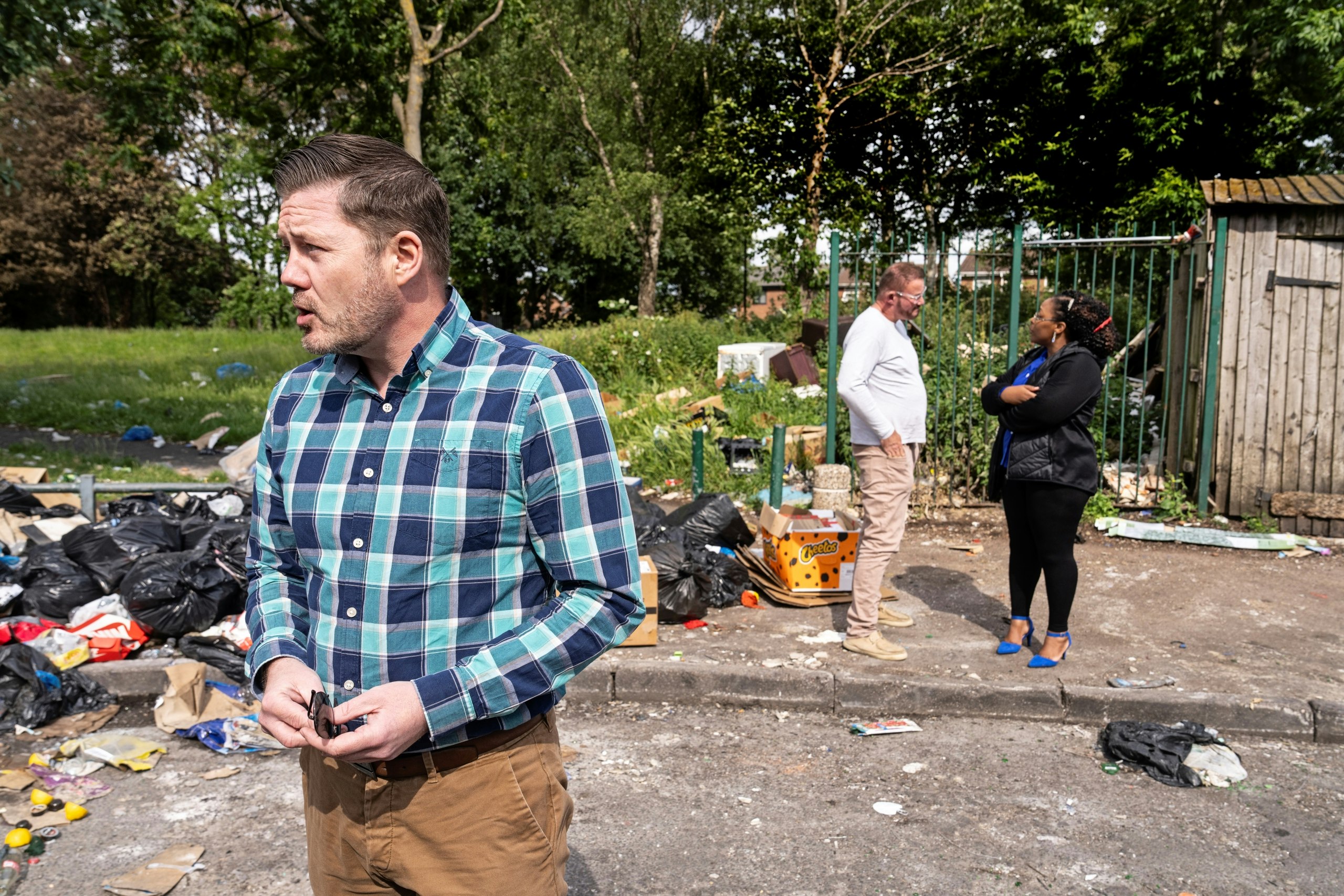
An earnest army man straight off the drill square, he was converted to the cause after a 40-minute conversation with Nigel Farage at last year’s conference. “I was surprised by how knowledgeable he was about the city. A different side comes out when you speak to him privately. He told me it was so bad here, it would take a military man like me to save the city.”
Half of their targets, like the Independents they are vying with, are the 50 per cent who never vote and have drifted away from the comfortable hearth of old Britain with its BBC bulletins, familiar politics and national touchstones. Lost in the churn and drift of inner-suburban Birmingham, there is none of the usual political campaigning and no discussion of policy — merely the invoking of visceral decline and the “common sense” needed to tackle it. One of his members has taken to documenting the city’s collapse, less out of expectation of action, more to hang another albatross around the neck of the police and local politicians who, he claims, “do sod all”.
“This is Terry,” he says, showing me a skeletal man lying on a mattress spattered with blood from drug injections gone wrong. “Women and children have to walk past this daily.” Behind the high street, we find an improvised tip of stinking, festering rubbish dumped near one of the few green spaces in the area. The city’s bin strike is set to continue until Christmas. Children and families walk by in an indifferent daze amidst the mocking jingle of an ice cream van and a burglar alarm, lost either in their phones or their own thoughts.
I ask Steve if this is Starmer’s “island of strangers”, not just in the rapidly changing demographics but the wilful retreat from civic space. His answer surprises me. “I thought the speech was borderline racist,” he says. Is multiculturalism working in the city? “Yes, but only for those who choose to accept British values and our way of life.” He pauses, seeming to check his own answer for approval. “What we’re trying to do is take the politics out of it and put the people first. Reform is on the march in the city, and we’re going to shock a lot of people.”
From Ladywood I travel out to Moseley, home at various points to J.R.R. Tolkien, Joseph Chamberlain, Duran Duran and now Shakeel Afsar, whose Independent Alliance has emerged as one of the city’s more unlikely power brokers. Last election he nearly toppled Tahir Ali in a seat Labour has held for 27 years.
On social media Afsar presents himself as a bolshy provocateur, leading regular protests for Gaza and sparring with Nigel Farage on GB News. But in his smart family home I find a man trying to fine tune his electoral pitch: border control, better integrated communities, an end to the corrupt Labour party in the city. He wants a seat in Westminster in 2029.
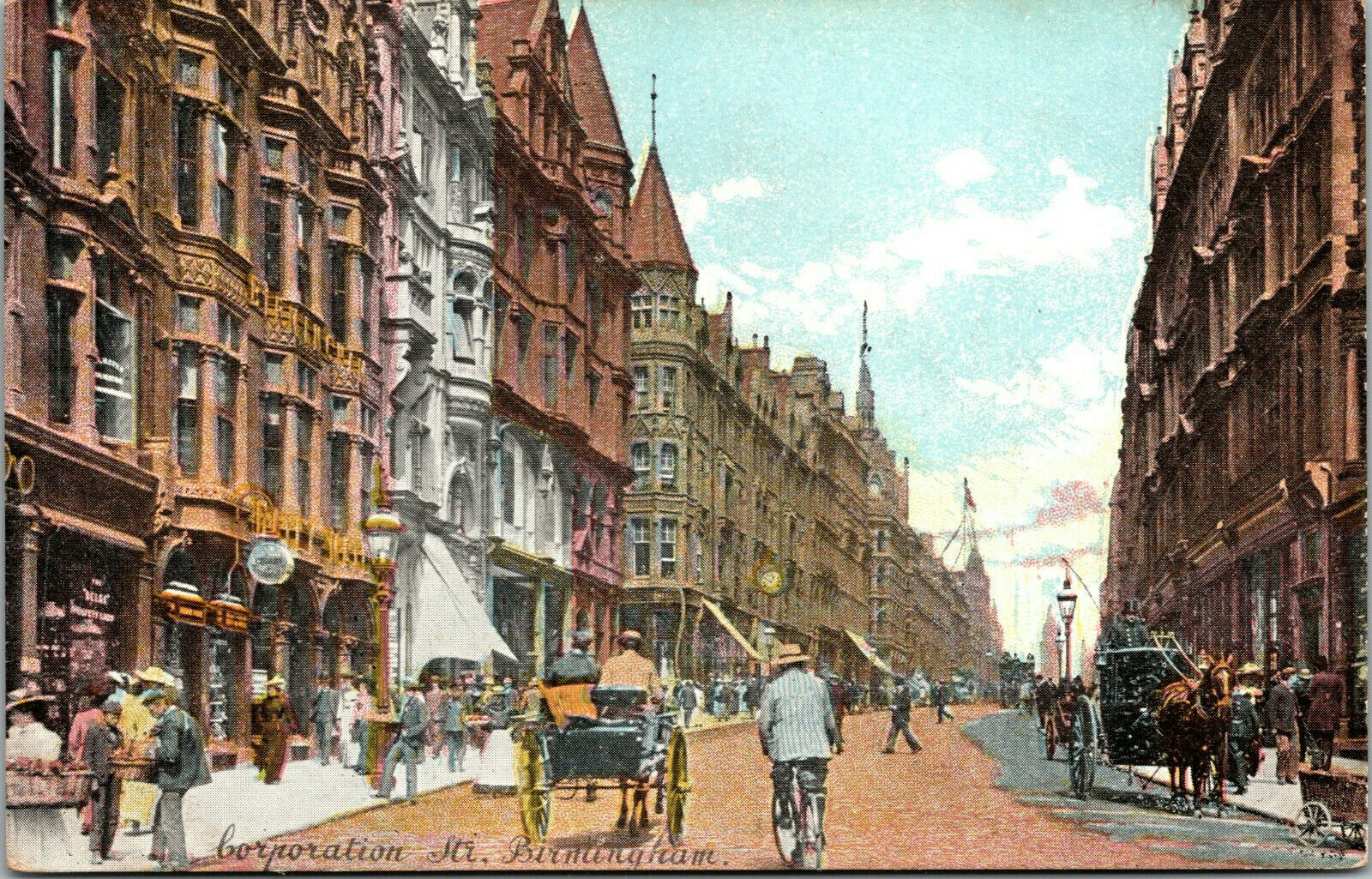
In the hall hangs a photo of his grandfather, a Second World War veteran and former Digbeth steel worker. I ask what he would make of his grandson’s political career and the accusation he is driving a new sectarianism in the city. “This is the new era of politics,” he tells me. The biraderi kinship networks where people blindly voted for Labour are breaking up, and now a new, younger generation have found their voice. “I say what everyone thinks and can’t say.”
I point out that his party has become the poster boys for the increasingly popular “Yookay Aesthetics” page, depicting the transformation of Britain into an entirely new country. “Extreme right-wing propaganda,” he says, flicking through the account. “For all you know these people could be praying for Britain,” he says, looking at one of the recent photos from Birmingham, “saying please God to make it a more prosperous place, please God stop sending money to genocide enablers.”
Recently his notorious counterpart Akhmed Yakoob, who stood as an Independent candidate in both the West Midlands mayoral election and the 2024 general election, was charged with money laundering. But his devil-may-care style politics is undoubtedly part of the appeal.
A conspiracy theory being fanned locally is that Yakoob was taken down by Shabana Mahmood, the justice secretary whom he nearly unseated in the last election. “If Nigel Farage becomes PM, it’ll do our communities a world of good,” Afsar says as we discuss the next upheaval. “If he starts trying to ban the burqa and Halal meat, it will motivate people to become more active.” He says he is prepared to work with Corbyn’s new party.
Further North towards the city centre, I visit Small Heath, an area that is 85 per cent Muslim and is where some of the most recent migrants from Somalia, Pakistan and Afghanistan now live. It is a testing ground for the city’s growth capacity, the process of integrating the record wave of immigration its local politicians promise. Outside a giant Morrisons, I find two young men fundraising for Gaza whose eyes light up when I mention Shakeel Afsar and Akhmed Yakoob.
Recently, I told them, the Daily Mail described the area as the most segregated in the country. “What does this mean?” asks one, a 21-year-old trainee solicitor. “We’re constantly being asked to integrate, but no one can actually tell us apart from British values which we all respect. I ask you, what is this country we are supposed to be integrating into?”
We look back down into the sprawl of suburban Birmingham, and, for a moment, there is a long silence as one of us is expected to come up with an answer. Then we are interrupted by a car tooting its horn, a giant Palestine flag billowing gently against the early evening Birmingham sun.












